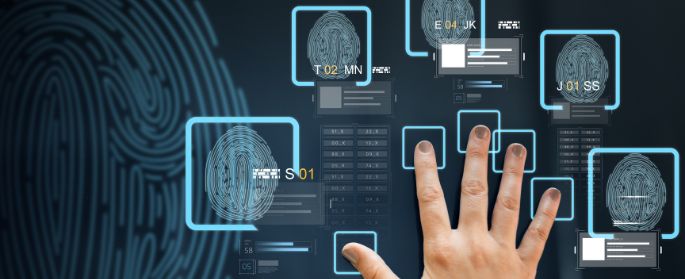- With any action we do in the world on-line Through the Internet we leave a personal trail
- The digital footprint is easily traceable, a fact that can lead to a cybercrime problem
the usual
Reading the press, posting on social networks, making reservations at a restaurant... The slightest digital action means sharing information about ourselves. A useful simile, let's imagine that we walk the internet with wet feet, leaving footprints everywhere.
And we must be aware that leaving a digital trail means that we are losing and sacrificing our privacy. As users, we have little room for manoeuvre, although we can limit our public trail in relation to what we want to be private.
The most common tracks are:
cookies
They are text fragments located in our browser with a clear objective: to know who and how we are, and they include the data that is registered in the user's browsing history and the cookies of third parties.
Closely linked to digital advertising, there are current regulations that limit them since they are considered personal information. In fact, the phenomenon cookieless emerged to define the disappearance of cookies of third parties.
IP
The IP address is the identifier of a network or a device, a fact that allows you to find out who has connected to a system or a network and from where.
Logins
Every login leaves a mark. Twitter, Google, the web of any service on-line…and we cannot prevent our digital footprint from leaving traces on these servers.
Can we limit the digital footprint?
To limit our digital footprint and, incidentally, make it a little more difficult for cybercriminals, there are some recommendations.
find yourself
First of all, find yourself. Put your name and surname in several search engines and check the first three pages of results. If any of the information does not convince you and you have control over the source, manage it.
On the other hand, if the information belongs to third parties, you will have to contact them to request that they modify or delete it.
A good option to control the information about you in the different search engines is to create alerts. This way you will know in real time the new information that may appear about you.
limit the information
It is important that you are aware of the volume of information you share and, above all, with whom you share it. And you can limit it.
Another aspect is that, over time, people change physically, of opinion, of interests... For all this, check the old publications of your digital profiles. If some content doesn't fit your current self, get rid of it.
Privacy policies
Many people do not give the real importance that it has, but it is important to control as much as we can the privacy policies and settings that they offer us both in social networks and applications in general.
On many occasions, accepting the privacy conditions offered by default is a mistake, since we give full access and use to our private and personal information.
do cleaning
Delete old accounts and apps you no longer use. Even if you no longer use them, the information you shared in them is still there, accessible and online.
The recommendation in this regard is that you first close or deactivate your account or profile, deleting the information it offers, and then delete the application.
Some suggestions
hidden navigation
The hidden navigation or incognito mode is similar to the usual one with a benefit: the cookies and the information of the forms are not stored in the browser that we are using, avoiding leaving a local trace, since our navigation will not appear in the browsing history.
There is something to note, browsing is hidden, but it is not anonymous, so all the servers we visit will know our IP. With this, there is a fingerprint but not in the browser we use.
Virtual Private Networks (VPN)
Virtual private networks, widely used in the business world, are an extension of the local network through a public network. With this, we build a network within another so that the information is less visible, with greater privacy protection.
These networks usually have a good level of encryption, although they are not invulnerable.

